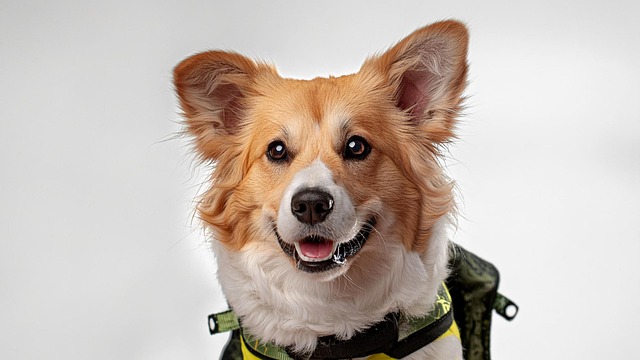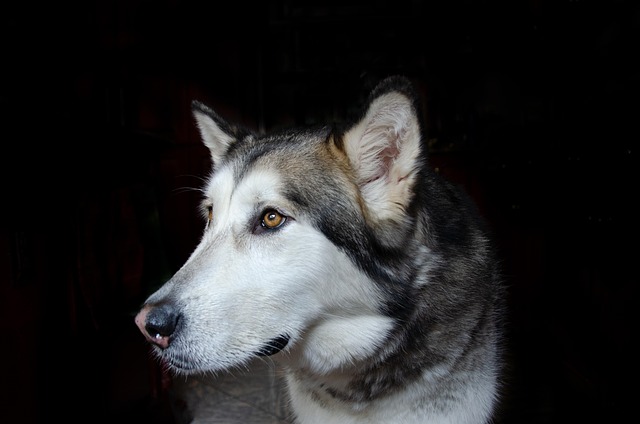
How do you help a dog with a dry cough and then gags
Your terrier suddenly erupts in a harsh, honking cough that ends with a painful-sounding gag – like he’s trying to hack up a hairball.
Hearing your dog cough—whether it’s a dry, hacking sound or a wet, phlegmy one—can instantly make your heart race. As a new dog owner in the US, you might wonder if it’s just a tickle or something more serious. The good news is that many coughs improve with gentle care, but knowing when to step in (and when to call the vet) is key to helping your furry friend feel better, while staying responsible in your community.
Coughing in dogs is a natural reflex, like sneezing in humans—it helps clear their throat or airways of irritants. Common causes range from mild to more serious: dry air in winter apartments can trigger a dry cough, while kennel cough (a contagious respiratory infection) spreads quickly in dog parks or boarding facilities. Allergies to pollen or dust might make them cough, and older dogs could have heart or lung issues that cause persistent coughing. Think of it as their body’s way of saying, “Something’s not right here”—your job is to figure out what, and respond kindly.
Practical steps start with soothing mild coughs at home. If your dog has a dry cough from dry air (common in heated apartments), run a humidifier near their bed—my sister’s Pug stopped coughing after three nights of this during a cold snap in Michigan. Offer small sips of lukewarm water to keep their throat moist, and avoid smoke, scented candles, or dusty areas that irritate their airways. For a mild, non-contagious cough, a tiny amount of raw honey (never for puppies under 12 weeks, as it can carry bacteria) mixed into their food soothes sore throats—start with ¼ teaspoon for small dogs. But watch for red flags: coughing with mucus, fever, lethargy, or loss of appetite means a vet visit ASAP—these could signal pneumonia or heart issues that need medical care, not home remedies.

Legally, keeping up with basics matters even when your dog is under the weather. Rabies vaccines, required in all US states, remain crucial—never skip a booster, even if your dog is coughing. When walking, always clean up their poop (fines apply in most cities) to avoid spreading germs, especially if they have a contagious cough like kennel cough. Culturally, kindness means skipping scolding—never get upset if a coughing dog has an accident or seems restless. Instead, offer gentle praise when they drink water or rest, reinforcing calm behavior. In apartments, keep your dog quiet to avoid disturbing neighbors—if coughing wakes them, explain it’s temporary and you’re seeking vet care.
When your dog is recovering, skip dog parks or crowded areas to prevent spreading illness. Keep walks short and leashed, steering clear of other dogs until the vet gives the all-clear. With patience, vet guidance, and gentle care, most coughs clear up, letting your dog get back to zoomies and tail wags in no time.

Your terrier suddenly erupts in a harsh, honking cough that ends with a painful-sounding gag – like he’s trying to hack up a hairball.

Corgis, with their short legs and big personalities, are a joy to have around—but keeping them healthy means staying on top of more than just their daily walks.

What treats are safe for 8 week old puppies? It’s a question that new dog owners in the US often ask when starting training—those tiny

Your dog just had deworming treatment, and you want to make sure their recovery goes smoothly. That means paying extra attention to what goes into their bowl in the days following the procedure.

What do dogs think when you leave them for a week? It’s a question that tugs at the heart of every new dog owner in the US, especially when booking that long-awaited vacation.

How do I tell if my dog has anxiety? It’s a question that sneaks up on many new dog owners in the US—maybe your pup paces nonstop when you grab your keys,